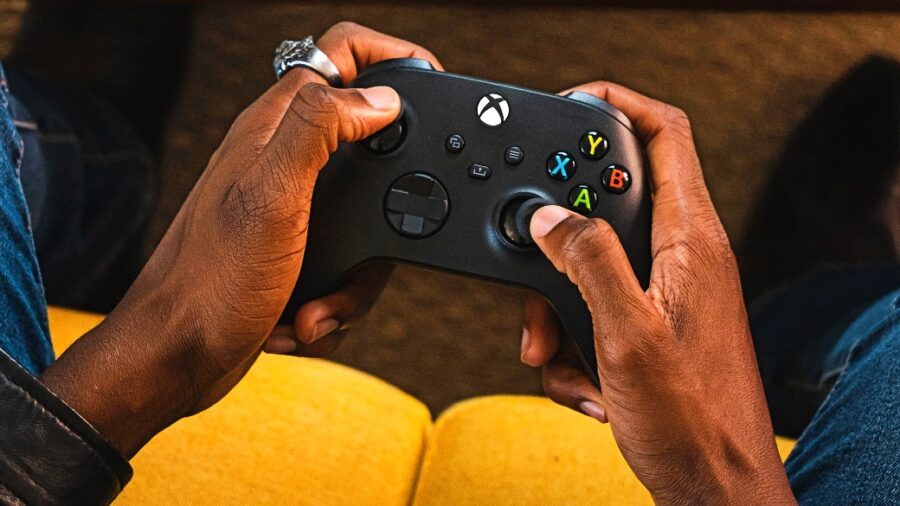Microsoft Is in Trouble with Xbox Sales, and It Doesn’t Look Good
Microsoft's Xbox sales are trending downward, which doesn't look good for the company.

Two years following their release, Microsoft’s Xbox Series console sales have dropped by nearly 30 percent from the same time last year. This isn’t the first time we’re hearing something similar; Xbox was in big trouble before when Microsoft reported a 13 percent revenue decline in its gaming division, despite the growing number of Xbox GamePass users. Apparently, the delay of Starfield, and other exclusives, made a bad reflection on console sales.
You might be inclined to think that bad Xbox sales spell trouble for Microsoft, but that’s actually not true. Kotaku reports that Microsoft reported total revenue and net income year-over-year growth by seven and nine percent, respectively. The company’s other services, such as the Office software (which is now Software-as-a-Service) and Microsoft Azure cloud computing service, made a ton of money. But it’s actually Microsoft’s hardware division that suffered heavy financial losses, including both Xbox and PC hardware—both of which went down by 30 percent, respectively.
The drop in Microsoft’s Xbox sales happened despite the company’s announcement that it would stave off rising prices during the previous holiday season, which was additionally paired with a $50 price cut for the Series S console during the same period. Let’s remember that the Series S was Microsoft’s priority Xbox console during console shortages, which allowed the company to stay competitive in the current market, especially when compared to PlayStation 5, whose shortages recently came to an end.

It would seem that the drop was driven by a rather anemic line-up of first-party gaming titles. The troublesome Halo Infinite, along with Forza Horizon 5, remain some of the best exclusives for the game. Unfortunately, there’s not enough talk about Gears 5 and other games—none of which are actually exclusive to Xbox Series consoles. Not to mention Starfield’s crushing delay, which pushed the game’s release date by nearly a year. With that said, the release of the upcoming Redfall and the eventual release of Starfield could turn things around for Microsoft and Xbox in the future.
But then again, Microsoft is more focused on Xbox Game Pass than hardware. Xbox One was a failure of a console, but Xbox Game Pass is booming, especially now after it has been made available in additional 40 countries worldwide. Not to mention the company’s rising interest in the mobile gaming market, which is a large driver behind the company’s acquisition of Activision Blizzard—the company’s full name is Activision Blizzard King, in which King is its own entity within the company, and the largest developer and publisher of mobile titles for the gaming market.
All companies involved in the acquisition stand to benefit if that deal goes through: Microsoft, and by extension Xbox, will gain a massive share of the gaming market through King, and PC and console gaming through Activision Blizzard. In turn, Activision Blizzard will gain access to Microsoft’s AI and Machine Learning technologies necessary for more efficient game development. Sony remains vocal against the acquisition, though it’s likely that the company will have to concede after it was discovered that it withheld some of the largest gaming titles from other gaming platforms.












